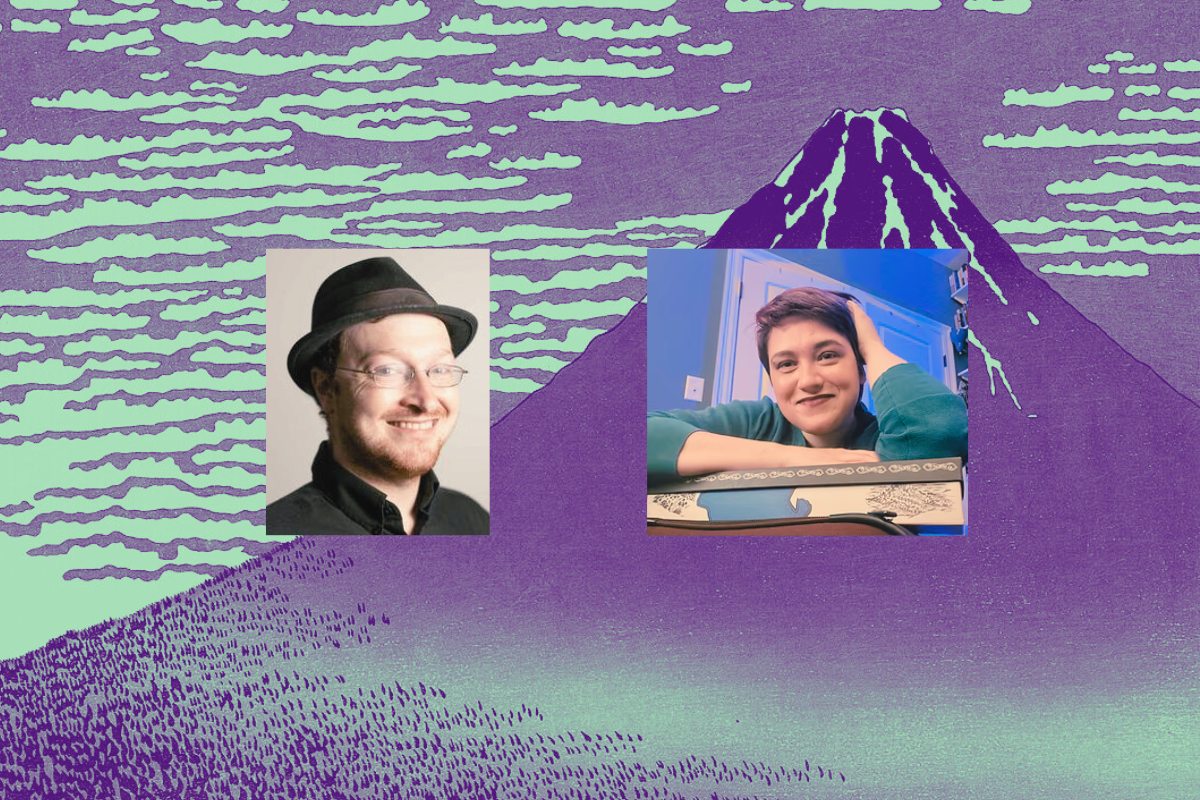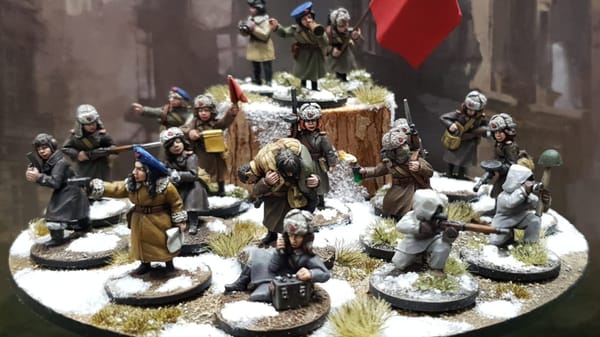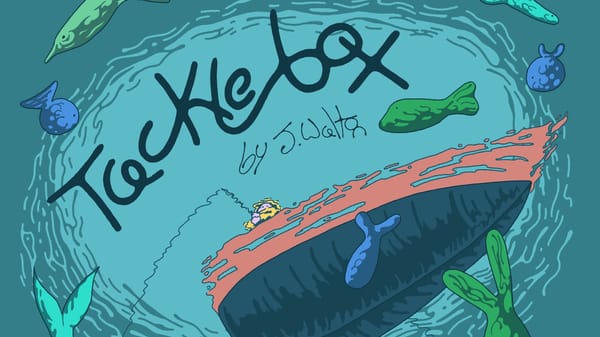We can’t let the market decide what we remember and forget
Emily Friedman and Evan Torner on why gaming histories matter.

One of the big questions for Rascal’s History Week was “why”. We vaguely agree that history is important, but it can be hard to articulate exactly why. Even as TSR and D&D’s early periods receive the gold-standard treatment, there’s much more to the hobby than one game and one company. But are those histories actually important? Tabletop RPGs were less popular and made less money, after all. What is at stake if we forget them? Well, we did what we do best and asked somebody else.
Emily Friedman is an 18th century scholar. Her full title is associate professor of English at Auburn University. Evan Torner’s special focus is East German cinema. His formal titles are associate professor of German and Niehoff Professor of Film and Media Studies at the University of Cincinnati. Given all of those credentials, it’s a little surprising that they’re two of the most active academic voices not only researching and talking about tabletop RPGs and actual play, but also organizing and facilitating other people’s work in these areas.
“We're part of the generation that kind of DIY'd it,” Friedman told Rascal. Torner was a lurker on the Forge forums and a part of the community of indie designers in Western Massachusetts in the early 2000s that included Vincent and Meguey Baker, among many others. Friedman’s university D&D game started the same week as Critical Role — both are still going strong, ten years later. She would later write about how time works narratively in Critical Role, which would snowball into her teaching RPGs as a course and then becoming a public scholar of the actual play scene. For Torner, who is a lifelong GM, game studies have served more as a corrective to glaring misrepresentations of the hobby that he has known directly and intimately for decades. “There are these nonsense papers being delivered in the field… so for the last 15 years, I've been involved, partially out of anger and defiance,” Torner said.
Over the course of the interview, Torner and Friedman talk about the fragility of digital spaces, the danger of letting the market decide who gets remembered, and how history was always more diverse than we might think.
This interview has been edited and condensed for clarity and readability.
Rowan Zeoli: I'm about to ask the worst question, but why is game studies important? Why is the understanding of the history and the development of games important?
Evan Torner: Games express things just like music or writing or film or painting, right? So, it's a medium. It expresses itself through systems… Those of us who are humanists can say, well, it's just part of the human catalog of expression right there.
Emily Friedman: The answer that has become more and more clear to me the longer that I do this is: without the work of game studies, especially game history, the collective memory, the institutional memory is [that of] a goldfish. And that is particularly true in analog game studies and, of course, in actual play… Video games have the problem of corporate archives. We can assemble archives and collections more easily in analog game studies, but we still need the apparatus to preserve and protect and think they're important. Actual play is kind of in between these two, right? We know what's gonna be protected. Dropout has very beautiful servers. But on the other hand, there's a lot of stuff that's not gonna be saved. And it isn't until we do the work of institutional criticism, history making, and memory keeping that we start to even have the conversation about what's worth preserving and getting those kinds of memories.
At the time of this recording, I went viral a week ago when Brennan Lee Mulligan shouts me out in an interview with Wayne Brady, of all people, who asks how old is [actual play]? And Brennan says, I wish Emily was here, and then proceeds to say something totally wrong. He thinks Acquisitions Incorporated is the start, and that's not right. Many dudes, uniformly dudes, tell me that with conviction, but I have in front of me a DVD-ROM from 2008 that's a recording of an even earlier set of recordings. And as far as we know, the Bradley University RolePlaying Society, originally known as BURPS, may very well have been the first folks to record gameplay and circulate it for an audience that took entertainment value from it.
As Evan and Bill White have talked about, actual play has a whole history of its own in terms of its textual legacy, as well as these kinds of recordings that shift and move between documentary and entertainment. One of the things that I do is say that's not a linear process. It doesn't become entertainment. Entertainment was always already there. But we don't know any of that if we don't remember it. I had to spend $30 to get this DVD, and I gotta go find a DVD player because I don't have one anymore. But you can access this for free. That website is actually still in existence, but you need a forum login because it's from the ancient days of websites that had forum masters who gave you the login information that was just yours. The walled garden years of fandom. We've got so much stuff that's lost media. Part of what we're doing is not only the sense making that Evan's talking about, but just the acknowledgement that it's worth making sense of.






